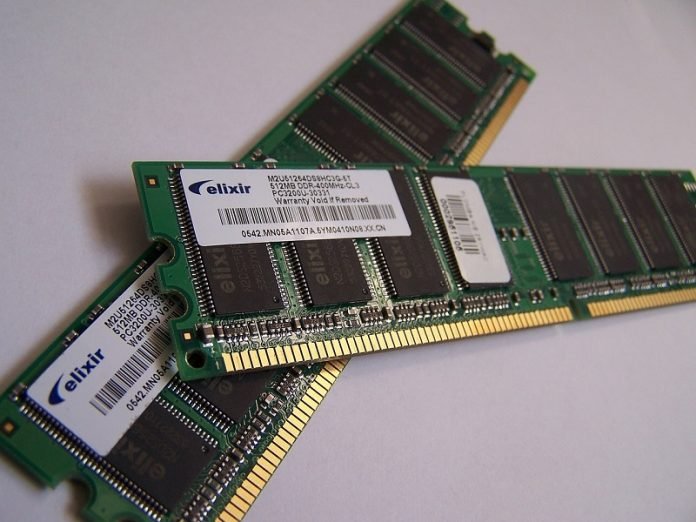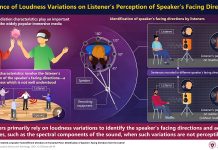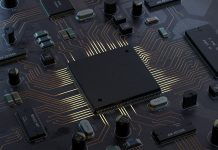
In a new study, scientists have developed a new class of materials that may make computer memory faster and cheaper.
The study was done by a team from the University of Arkansas physicists.
Currently, information on a computer is encoded by magnetic fields. This is a process that requires a lot of energy. More than 99% of the energy is wasted in the form of excess heat.
In the study, the team aimed to find a way to avoid the waste of energy.
They hypothesized that it is possible to store information by applying an electric field to write it and a magnetic field to read it if they use materials that are responsive to both fields at the same time.
They examined how bismuth ferrite, commonly abbreviated as BFO, could help achieve this.
BFO is multiferroic. This means it responds to both electric and magnetic fields, and it is potentially suitable for storing information on a computer.
The researchers found that BFO has the potential to store information much more efficiently than the current material.
But the problem is that BFO’s magnetoelectric response is small.
The team then used the Arkansas High-Performance Computing Center to simulate conditions that enhance the magnetoelectric.
In that way, BFO could be used to more efficiently store information by using electricity, rather than magnetism.
The team found that BFO could also be used in sensors, transducers, and other electronics.
They suggest that the phenomenon responsible for the enhanced response can be called an “electroacoustic magnon.”
According to them, the discovery is a mix of three known “quasiparticles,”: acoustic phonons, optical phonons, and magnons.
The lead author of the study is Omid Sayedaghaee, a doctoral candidate in microelectronics-photonics.
The study is published in the journal Physical Review Letters.
Copyright © 2019 Knowridge Science Report. All rights reserved.



